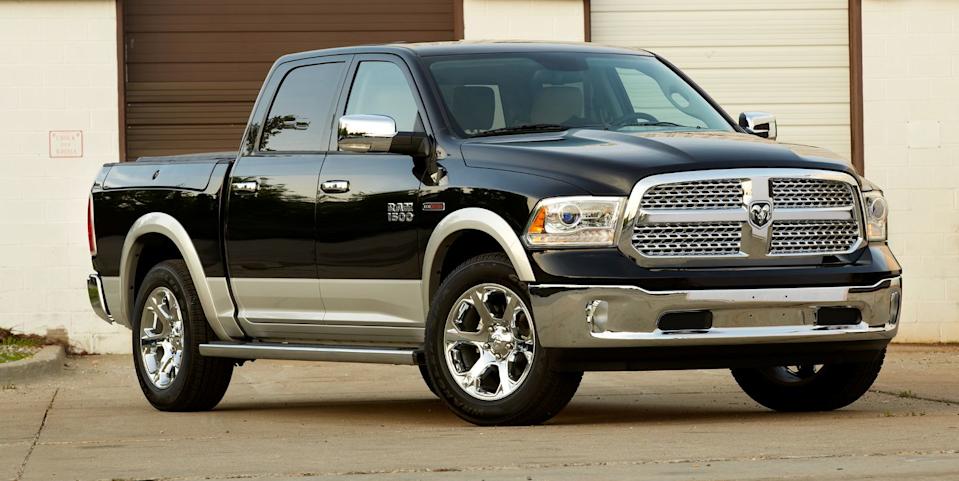Stellantis Faces $300 Million Fine for Emissions Cheating

Stellantis is on the hook for up to $300 million in fines, and three FCA employees face potential criminal charges stemming from the creation and coverup of polluting technologies.
The automaker pled guilty in June to wire fraud and violating the Clean Air Act, following a three-year investigation by the EPA and the FBI.
Model-year 2014-2016 Jeep Grand Cherokees and Ram 1500s with the 3.0-liter EcoDiesel V6 are being retrofitted to comply with emissions standards while owners receive extended warranties and a cash settlement.
Over a decade ago, the automaker group formerly known as Fiat Chrysler Automobiles set out to produce the next generation of utilitarian turbo-diesel engines. Known for low-end torque and economical mileage, FCA chose Italian diesel manufacturer VM Motori to create this new powerplant, soon to be labeled as the EcoDiesel. The 3.0-liter V6 diesel was used in model-years 2014-2016 Jeep Grand Cherokees and Ram 1500 trucks (101,482 vehicles in all) and produced 240 hp and 420 lb-ft of torque. The engine also created significantly more emissions than federally allowed, but the team figured out a work-around. Now, the merged Stellantis group is on the hook for nearly $300 million in fines and forfeited money judgments after pleading guilty to intentionally cheating on federal emissions testing.
Similar to the defeat device used by Volkswagen, the Jeep and Ram models had software installed that would detect when Environmental Protection Agency emissions testing was happening and emit significantly less nitrogen oxides during these drive cycles. Additionally, the Department of Justice briefing says FCA US willingly deceived both federal regulators and customers by advertising the EcoDiesel engines as not only efficient in MPG but also lowly in emissions output. Without this on-and-off cycle software, the EcoDiesel models did not pass the emissions portion of regulatory tests and tarnished the advertised "best-in-class" fuel economy.


 Yahoo Autos
Yahoo Autos 